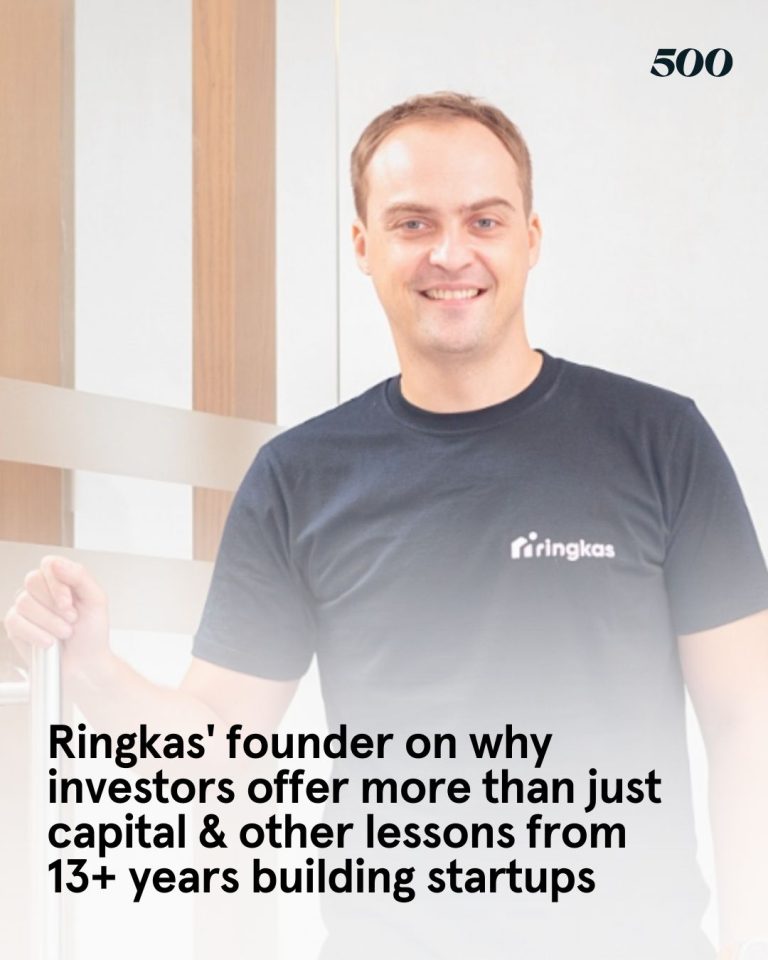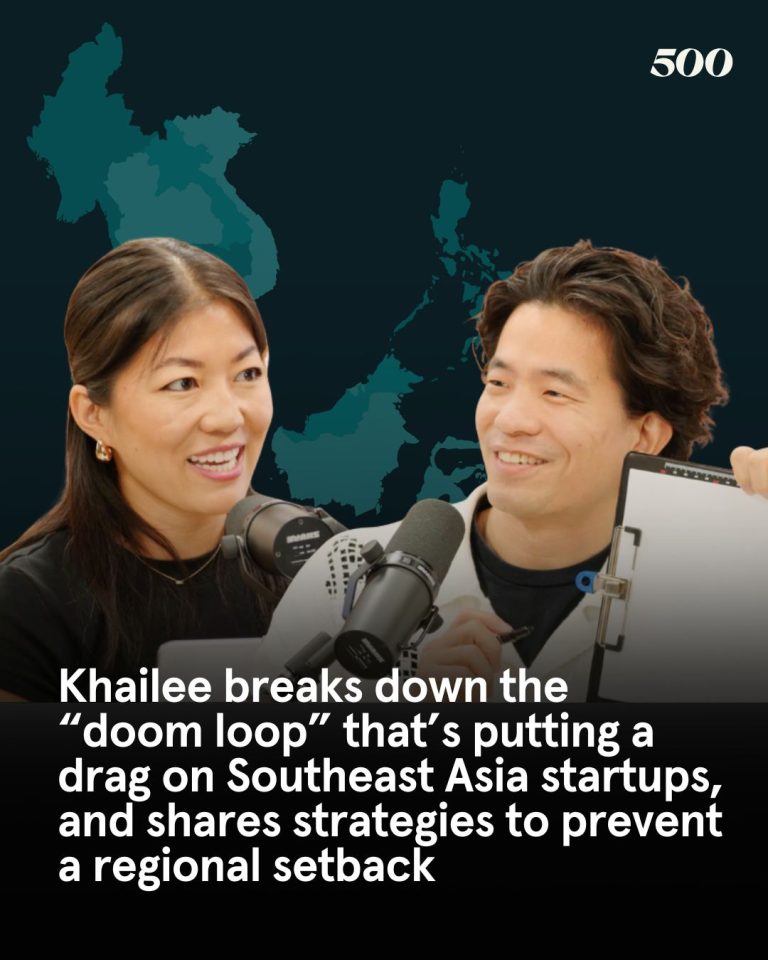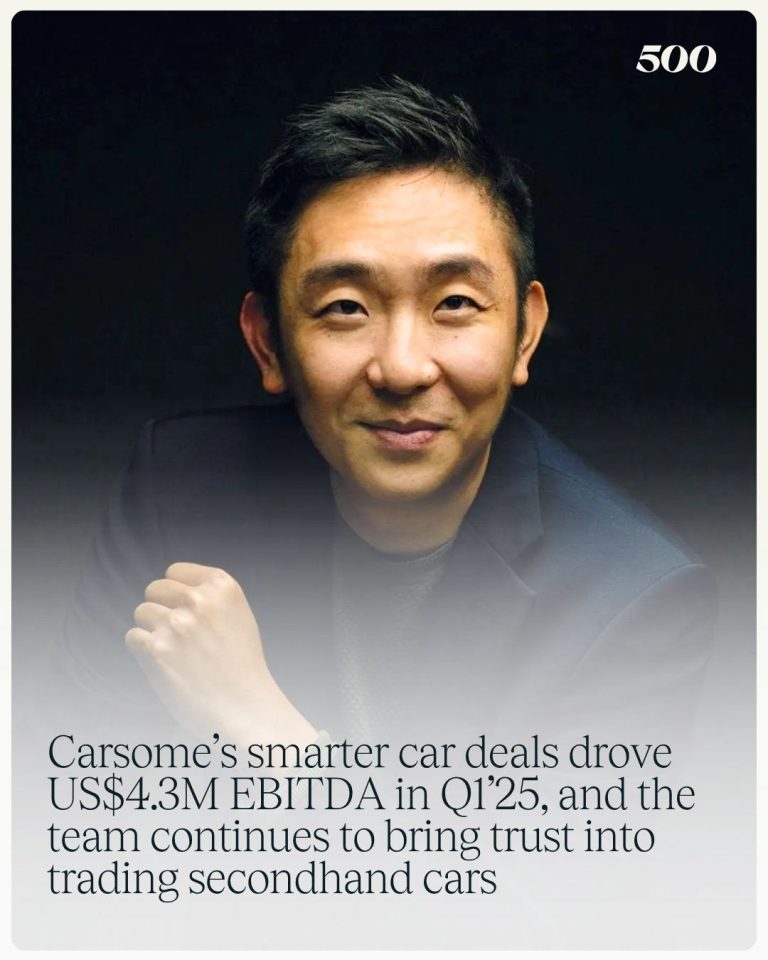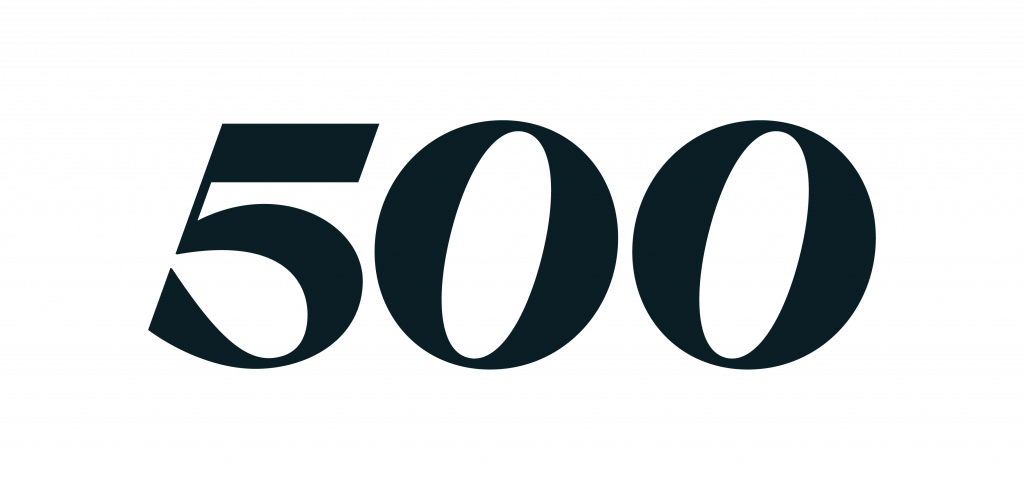Back to basics
- Tip #1: Energy management. A founder has a finite amount of energy they can use. If they’re not taking care of their mental wellness, they’re not rejuvenating themselves or refilling the tank fast enough, then their energy gets depleted over time.
- Using the metaphor of a lithium ion battery in an iPhone: “Don’t let it go to 0%. Charge when it’s 20% or 30%, but don’t go to 100% — don’t overcharge or the battery will get worn down,” 500 Global Managing Partner Khailee Ng shared.
- “Sometimes you need to go 110%, sometimes you are at -100%, but for the most part, if you keep your energy levels managed then you get to really build companies that outlast. Think of it as a long game.”
- Tip #2: Pitch with a bottom-up model. “The biggest mistake founders make when pitching is they’ll say this is a US$3T industry, or they’re solving an AdTech issue and it’s a US$9T a year opportunity; they use these top-down stats but they lose their meaning,” he explained.
- With the bottom-up model, founders focus on the revenue of selling one product, and what percentage of the target market they’re planning to capture in the next 10 years.
- Tip #3: Don’t get trapped in assumptions of what it means to be a startup. “If you build a startup 10 years ago, there were no norms, but now there are a lot of reference points, and they need to be challenged,” Khailee elaborated.
- “The main one is thinking that you need to build a regional company now. I’m not saying don’t build a regional company — I’m saying ‘why does the destiny of your company and its journey toward hundreds of millions of dollars, why must that be automatically assumed to be contained within a regional story’?”
- “A Malaysian company doesn’t have to expand to Singapore and Indonesia as a next market automatically. A lot of it depends on your business model. Why not expand to Bangladesh, why not Sri Lanka? Your startup has its own unique story and path. There are a lot of different markets that actually are easier to break into.”
- Watch the full interview here.




